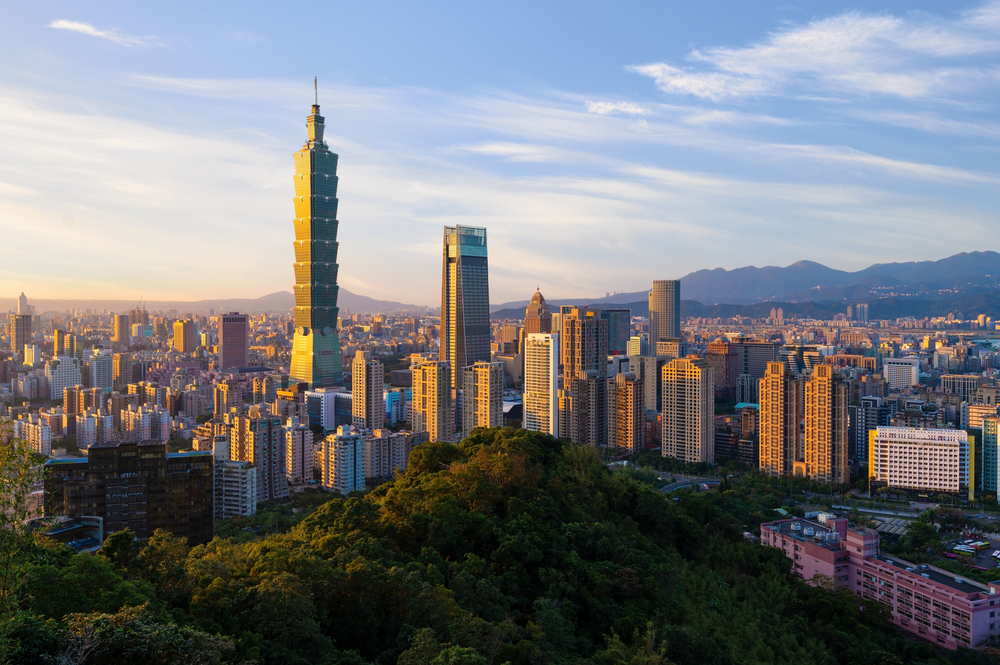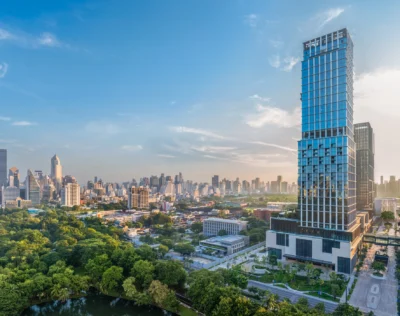Taipei focuses on solutions for a livable and sustainable smart city
Taipei City mayor seeks “smart” solutions to improve quality of life and development in seven areas

According to Taiwan News, the Taipei City Government is seeking “smart” solutions to create a livable and sustainable smart city via public-private collaborations.
These “smart” solutions are aimed at improving quality of life issues, as well as optimise transport, education, and contactless services.
Taipei City Mayor Ko Wen-je has encouraged the public sector to provide solutions to the practical needs of citizens and make the city “smart.”
Over the past few years, Taipei has successfully upgraded the city’s smart infrastructure, ranking 16th in the 2019 Eden Strategy Institute ranking of the world’s top 50 smart cities. It also ranked eighth in the world and second in Asia by the 2020 IMD-SUTD Smart City Index (SCI).
In 2016, the Taipei Smart City Project Office (TPMO) was established to facilitate the city’s smart policies. Such organisation allows a two-way brainstorming process between the public and private sectors, enabling ideas to prosper into pilot projects, and later be implemented as policies.
“The so-called ‘smart’ idea is to solve the problems of citizens,” Ko said. “We use AI technology to detect traffic-clogged roads, and the traffic lights would be optimised accordingly to reduce the average vehicle waiting time and congestion, providing the public with a better commuting experience.”
Moreover, the city’s digital infrastructure, planned in advance, showed its potential throughout the pandemic.
For instance, the TaipeiPass app integrates 80 percent of municipal services, including premium discounts, vaccination appointments, utility bill payments, and healthcare passes.
Testing ideas, from the e-learning platform Taipei CooC-Cloud to the iTrash project in Neihu District, keeps authorities updated with people’s needs and helps put good policies into action.
“Taipei’s smart changes are hidden in the details,” Ko said.
Over the past six years, Taipei has built a “smart government” to drive development in seven areas: building, transportation, education, health, environment, security, and economy.
Ko added, “We can’t change the whole city by a single event, so we’re starting with transportation and education, accumulating these changes into a sweeping transformation.”
He also mentioned that transformation and digital infrastructure construction are priorities.
More: Taiwan’s central bank might raise interest rates in 2022
The “White Paper on Digital Transformation” was published by the city government in March to further promote smart services.
Taipei has received international recognition for its smart infrastructure, and Ko emphasised that civil servants in Taipei City will continue to be bold and ambitious to roll out innovative solutions for a livable and sustainable city.
The Property Report editors wrote this article. For more information, email: [email protected]
Recommended
Meet the expert helping overseas investors crack Australia’s property market
Ivan Lam of property advisors Charter Keck Cramer helps clients navigate Australia’s complex real estate dynamics
6 spots to check out in Singapore’s Bukit list neighbourhood
The sought-after Singapore neighbourhood offers lifestyle amenities, green space, and new residential projects
Thailand’s real estate sector watches closely as the Shinawatras return to power
Time will tell if the return to power in Thailand of the Shinawatras will lift the country’s ailing real estate sector
China’s homebuying surge: Can new stimulus measures keep the market rally alive?
Stimulus measures have sparked a surge in homebuying activity around China, but many are sceptical the shift will endure








